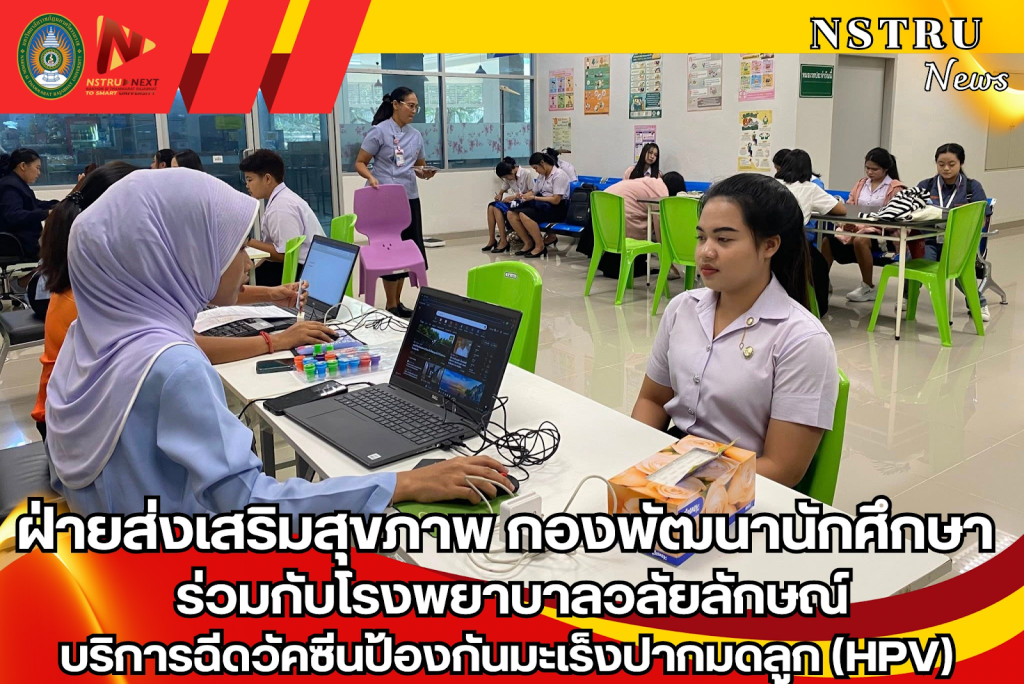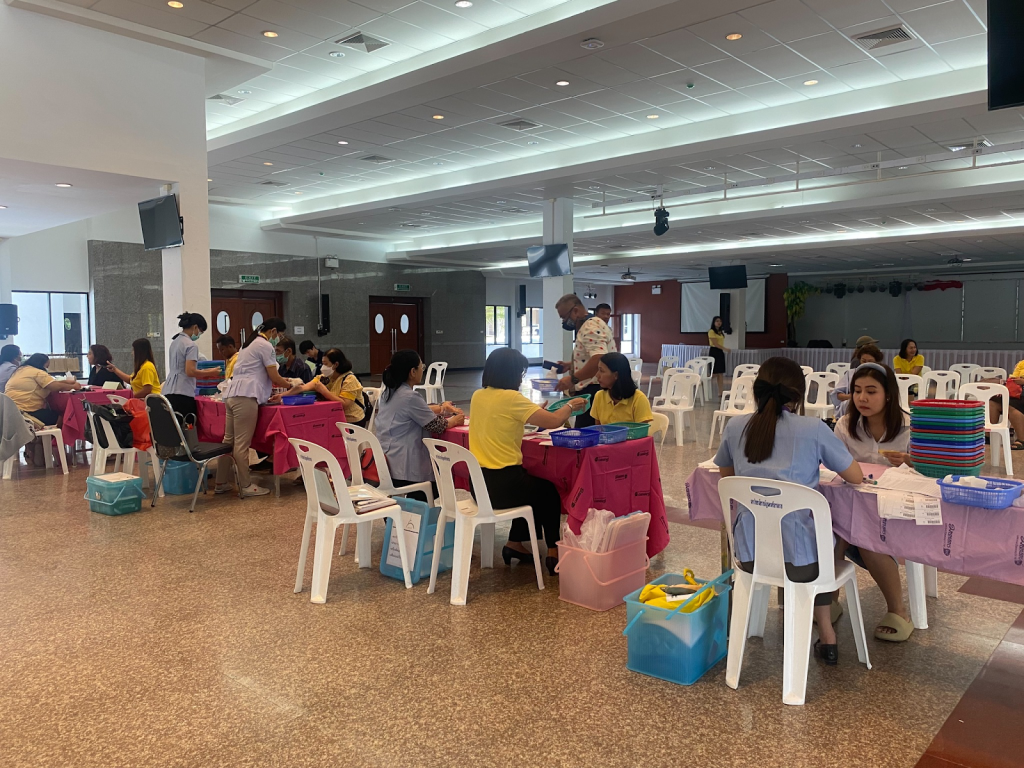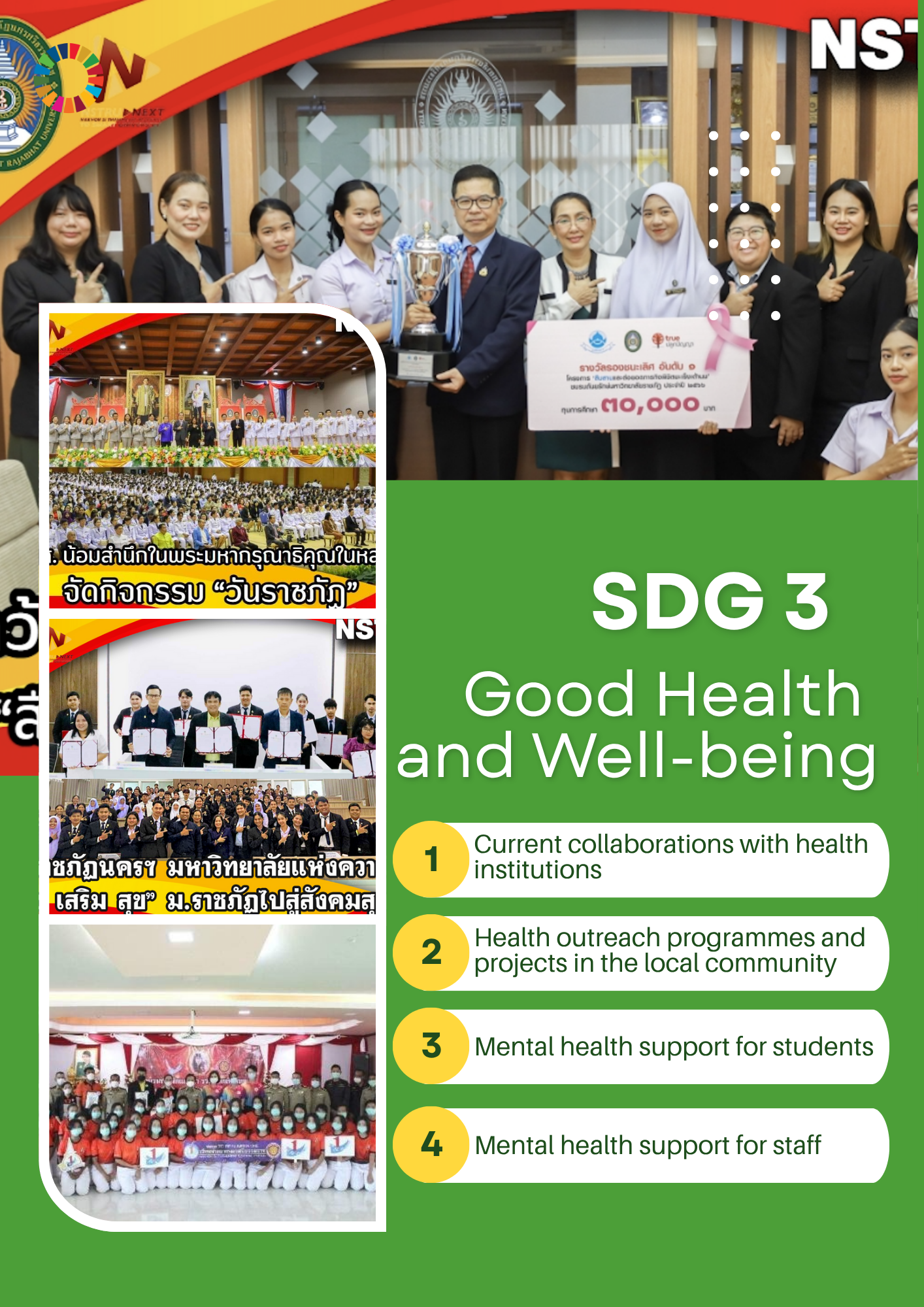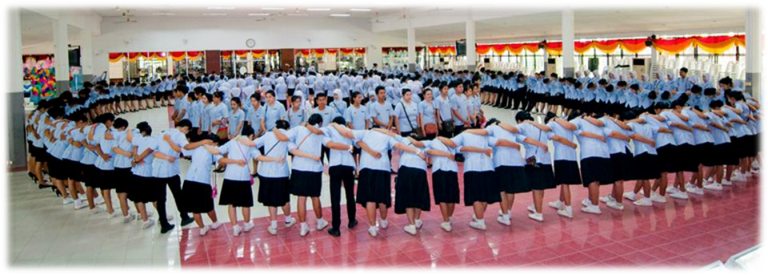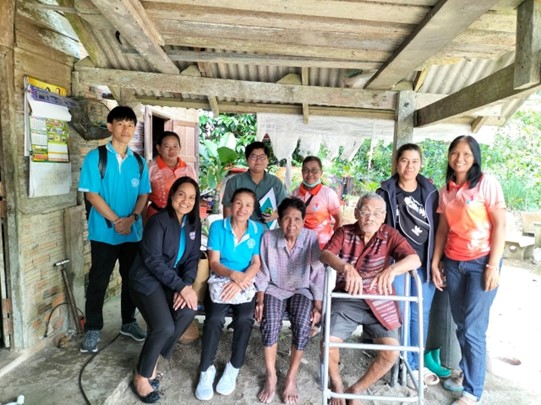
Sexual and Reproductive Health Care Services for Students (Year 2024)
Ensuring students’ access to reproductive health information, education, and confidential care
Nakhon Si Thammarat Rajabhat University recognizes that its responsibility extends beyond academic instruction; it must also support students’ holistic well-being, including sexual and reproductive health. Over the past year, initiatives have focused on raising awareness, lowering barriers to information and services, and building confidence to seek help when needed.
Confidential one-on-one counseling covers contraception—methods for calculating the safe period, correct use of oral contraceptive pills, and emergency contraception—serving more than 100 individuals annually. Free condoms are provided in discreet, easily accessible locations across campus, totaling over 450 units per year. The program also offers menstrual pain counseling, referrals when appropriate, and education on menstrual hygiene, reaching approximately 150 students annually.
To improve access, service hours and online consultation channels have been expanded, enabling students to seek support after office hours and on holidays through anonymous online counseling. Female students can conveniently obtain guidance on sexual and mental health concerns. The service also supports male reproductive health issues, including sexually transmitted infections (STIs), reaching around 15 users per year. A satisfaction survey revealed that 85% of users were satisfied with the service received.
Through the Thanyarak Club, a student-led initiative under the Faculty of Public Health and the Faculty of Science and Technology, students participated in breast cancer self-screening activities. The project trained 260 student leaders to advocate and teach breast self-examination (BSE) techniques to university staff and community members, with a total of 2,212 individuals screened to date.
Access to accurate information, welcoming services, and an open, nonjudgmental environment empowers students to make responsible decisions regarding their bodies and relationships. Such efforts help cultivate “quality citizens” who are well-informed and capable of self-care. In the long term, these services help reduce unplanned pregnancies, limit STI transmission, and improve overall mental health, thereby enhancing academic potential and the overall quality of life within the university community.
💚 Aligned with SDG 3: Good Health and Well-being
This initiative demonstrates NSTRU’s commitment to ensuring healthy lives and promoting well-being for all at every age, with a focus on reproductive health, prevention, and empowerment among university students.
https://www.facebook.com/photo/?fbid=456738250352445&set=pcb.456742810351989
